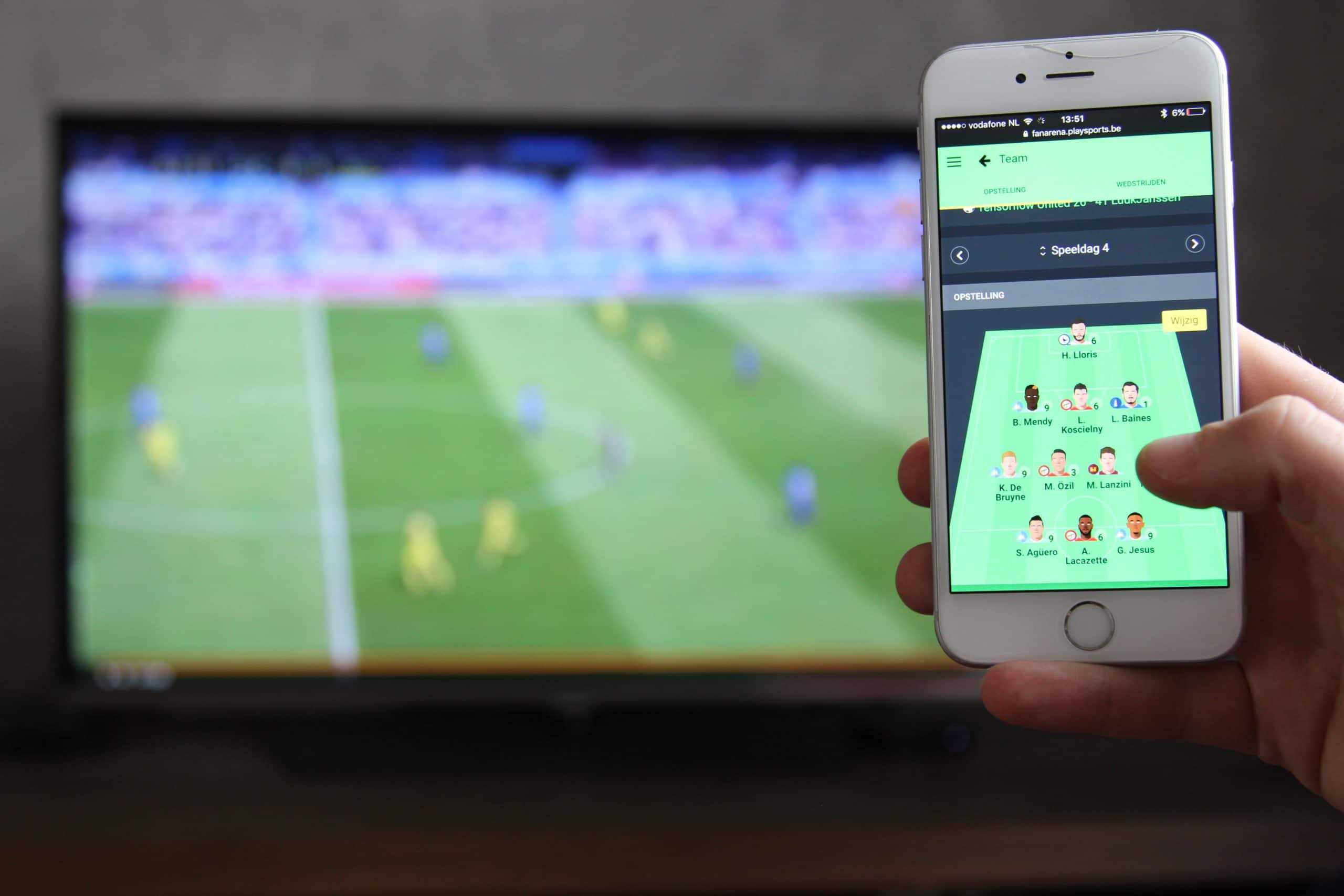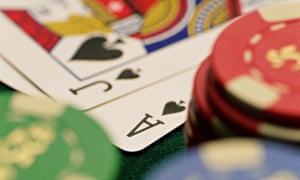
You will make far more money by being lucky than skilful at poker- but luck doesn't last. When the luck has evened out, as it eventually must, only skill is left to determine who wins. Over a large enough sample, poker is 0% luck and 100% skill.


By John Grochowski
The debate has long raged between a couple of video poker regulars.“Video poker is a game of skill,” says one. “If I play enough, and play well enough, the percentages are going to hold up, and I’m going to make money at the game.”
Not so fast, says the other. “This is still gambling, and at gambling there are no guarantees. A bad streak of luck, and there goes your profit.”
Answers the first, “There will be bad streaks. But there also will be hot streaks when I win more than expected. In the long run, that will balance out and the percentages will hold up.”
And so on, back to square one, with neither budging.
Video poker aficionados know that there are certain games in which a skilled player can gain a mathematical edge over the casino. That’s a rarity among casino players. The best blackjack card counters, the best dice controllers at craps, the best poker players, the best sports and horse racing bettors --- those are the few who actually make money at casino games.
To that number you can add the best video poker players. Making money at video poker requires knowledge, skill and bankroll. Players must have the knowledge to recognize the best video poker pay tables. If you see a full-pay Deuces Wild pay table, that’s a game that returns 100.8 percent with expert play, but there are dozens of Deuces Wild pay tables that return less than 100 percent --- some far less.
Same deal with Double Bonus Poker. If you see it with its full 10-7-5 pay table, meaning full houses pay 10-for-1, flushes 7-for-1 and straights 5-for-1, you know you have a game that returns 100.17 percent with expert play. But if any of those payoffs is reduced, the game drops below 100 percent --- all the way to 93.8 percent on a truly awful 8-5-4 game. If you see the reduced pay tables and you’re out to get an edge on the games, you have to have the discipline to walk away.
You also have to have the skill to make the best mathematical plays on every hand. That’s harder than it sounds. Dealt Jack of hearts, 3 of spades, 7 of hearts, Queen of clubs, 9 of hearts in 10-7-5 Double Bonus Poker, what would you do? If you didn’t answer “Hold the Jack, 9 and 7,” you’re not ready to play at expert level. And there are dozens of such plays in any video poker game that separate the profit-makers from those who help pay for the chandeliers.
Bankroll? Well, you’d better have enough to withstand the inevitable losing streaks. If you don’t, you risk not getting to that theoretical long run where everything balances out and the percentages hold up. Even knowledgeable, skilled players start with a basic disadvantage: The casino has more money than they do. Casinos can afford to wait out any streaks in which players are making money. Can the player afford to wait out the losing streaks? If not, he or she will have to get lucky early to stay in the game.
But let’s say we have a player who has it all together. He or she can recognize beatable games, and is disciplined enough to stay away from the near misses, let alone the bad one. Our player knows expert strategy, and has enough bankroll that staying in action won’t be a problem.
Is that player guaranteed to make money?
Almost, but not quite. Chance does still play a big factor.
Let’s take full-pay Double Bonus Poker as an example. With expert play in that game, royal flushes occur an average of once per 48,084 hands, and account for 1.67 percent of our overall return. In a session in which you don’t get a royal, you’re not playing a 100.17 percent game; you’re playing a 98.5 percent game. Even at expert level, you’re a contributer to the casino cause in that session.
Does that mean that once you’ve played 48,084 hands, you’re certain to have a royal flush? No, of course not. Sometimes you’ll have two royals, or three in that time. Sometimes you’ll have none. If it’s none, your bankroll will take a hit.
What if you double the total, to 96,168 hands --- about 120 hours of play for a fast player, and about 190 hours of play for a player at average speed. Then are you guaranteed to have a royal? The answer is still “No.” The most likely result is that you’ll have two royals in that time. But fairly often you’ll have one, or three, and a little less often, zero, or four.
If you’ve gone 96,168 hands without a royal, does the video poker machine then go into make-up mode, so that it catches up to the expected long-term probabilities? The answer is still “no.” There is no make-up mode. The machine’s random number generator just keeps on generating hands with the same force of probability that has been in effect all along.
For a player who has had a long stretch without a royal, the most likely scenario over the next 96,000 hands or so is that winning hands will turn up in something very close to their expected proportions. The expert player will get about the 100.17 percent theoretical return on 10-7-5 Double Bonus Poker.
In the super long run, the long royal-less stretch fades away into statistical insignificance. There are likely to be royal-rich runs to go with the droughts, and the overall results will hover somewhere close to the expected percentage.
Is Poker Gambling Or Skill
Does that guarantee profits for our expert? Not quite. In any realistic number of hands for one player at Double Bonus Poker, the majority of those playing at expert level will hover around 100.17 percent, some will win a bit more, some will win a bit less, and a few will even drop below the 100-percent level. Skill or not, chance is still with us --- or against us.
Skill matters, and the skilled player sticking to the best games is likely to make money, given enough play. But guaranteed? No way. This is still gambling.
John is the author of six books on casino games, including 'The Slot Machine Answer Book.' You can find more of his work at CasinoAnswerMan.com